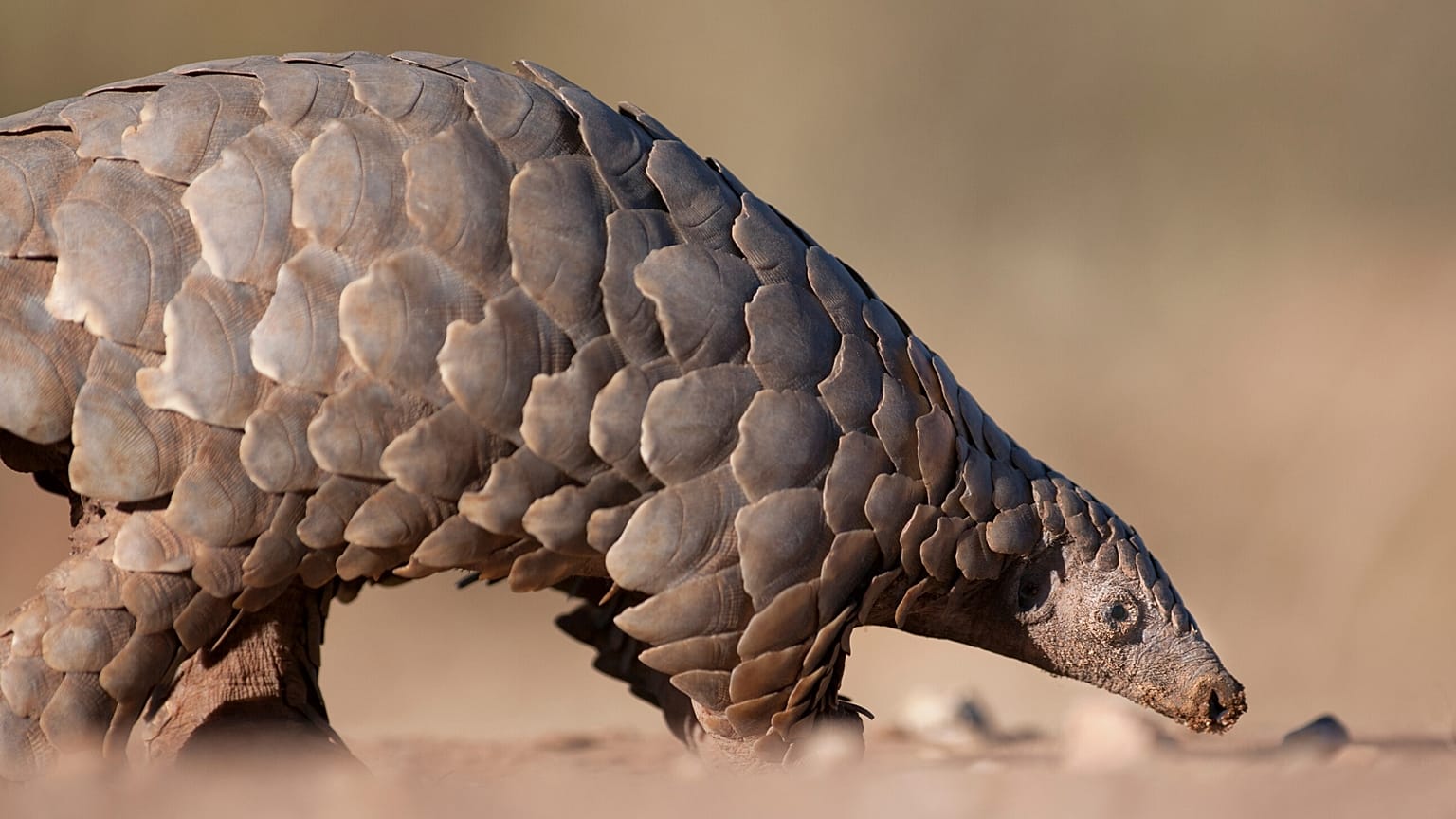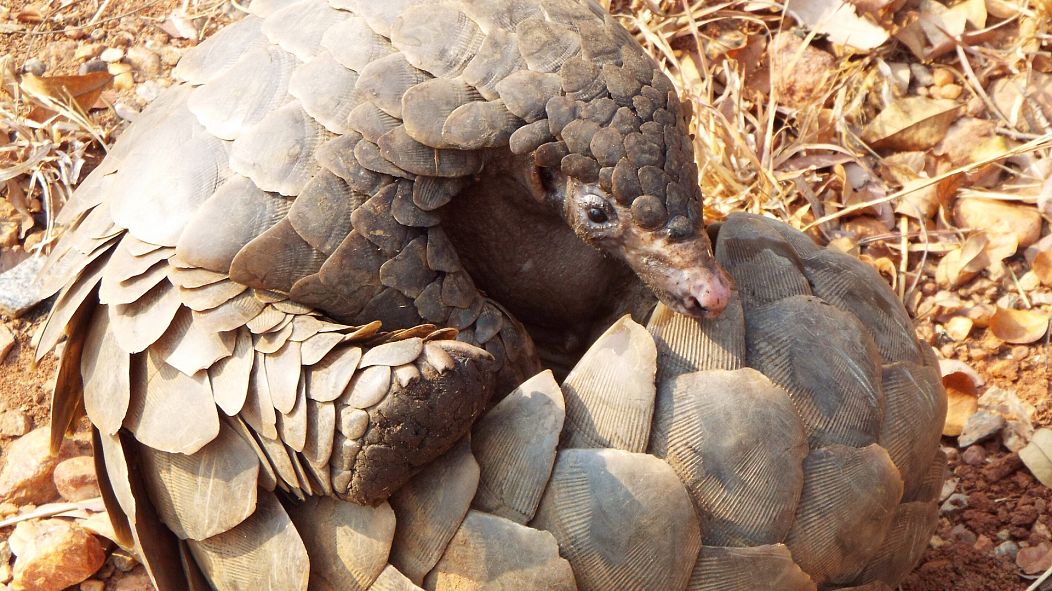They have existed on earth for 60 million years, but now illegal wildlife trade means numbers are rapidly declining.
Despite their reptilian appearance, pangolins are in fact mammals. They are trafficked by poachers all over the world, due to their highly coveted scales which are used in traditional Chinese medicine. This illegal trade makes them vulnerable to extinction.
In June of this year, conservation groups welcomed an announcement in China stating that pangolins had been removed from the official list of traditional Chinese medicines. The recent move was described as a “game changer” for the future of the species, by a wildlife charity spokesperson speaking to the BBC.
However, questions have been raised by the Environmental Investigation Agency (EIA) as to the legitimacy of the announcement. While it was a step in the right direction to remove pangolins from the latest edition of its pharmacopoeia (a list of ingredients in reference to Chinese medicine) the EIA is worried that this still “might not mean a total ban on use of the species”.
“It is not yet clear whether pangolins have also been removed from a separate section of the pharmacopoeia as an ingredient in approved patent medicines,” states the agency.
According to the EIA, if approved patent medicines containing pangolin have not been removed or amended from the list, this would mean the pharmacopoeia would continue to promote and legitimise medicinal use of pangolins.
As the environmental campaigners point out, this has happened before. Leopard bone and bear bile are no longer included in the ‘key ingredients’ section of the pharmacopoeia, yet are still listed among ingredients for patent medicines. Therefore, their legal commercial use allegedly continues.
The EIA is calling for questions to be clarified surrounding this issue. Chris Hamley, EIA Senior Pangolin Campaigner, says the latest news on the strengthening of domestic pangolin protections in China is a “positive result”. But, he adds, “these latest moves [must be] backed up by further action and official announcements” and the government must ensure that “existing scale stockpiles will be destroyed.”
What are pangolins?
Pangolins have existed on Earth for about 60 million years. National Geographic describes them as “shy and elusive” animals - about the size of a golden retriever puppy. The scaly creatures have little arms that have been likened to a T-Rex.
Pangolins eat ants and termites and pick up food with their sticky tongues, as they have no teeth. They are active at night and live solitary lives, only spending time together to mate. The scales that cover their body protect them from predators in the wild and if under threat, they will immediately curl into a tight ball and use their sharp-scaled tails as a form of defence. Pangolins can also secrete a foul-smelling odour, much like a skunk.
They are trafficked from Asia and, increasingly, Africa, to meet high demand in countries like China and Vietnam. Not only are their scales used in traditional Chinese Medicine, their meat is also considered a delicacy.
Charities like Save Pangolins and Born Free raise awareness and support conservation of the species. For instance, Born Free encourages you to adopt a pangolin for £3 a month, as they are declining in numbers and are ranked from Critically Endangered to Vulnerable on the IUCN's Red List.




















